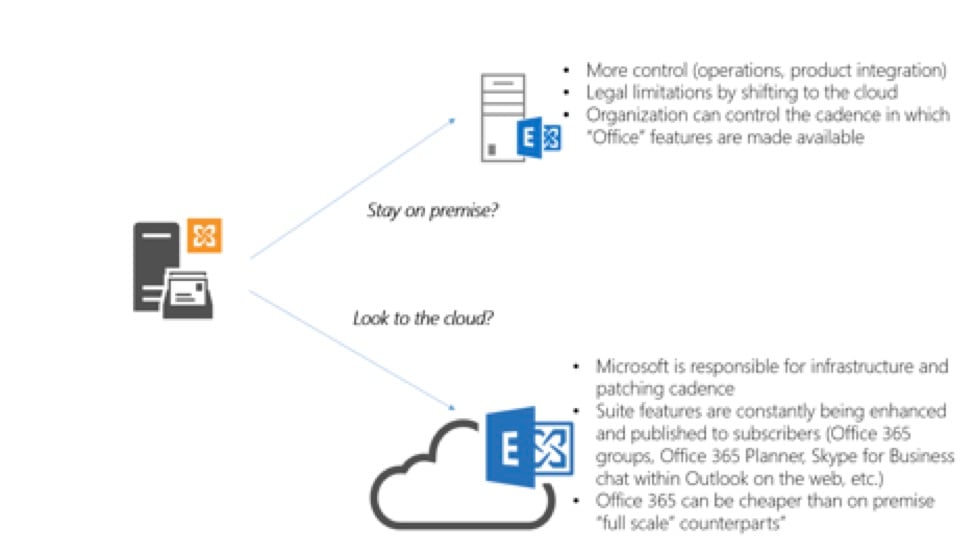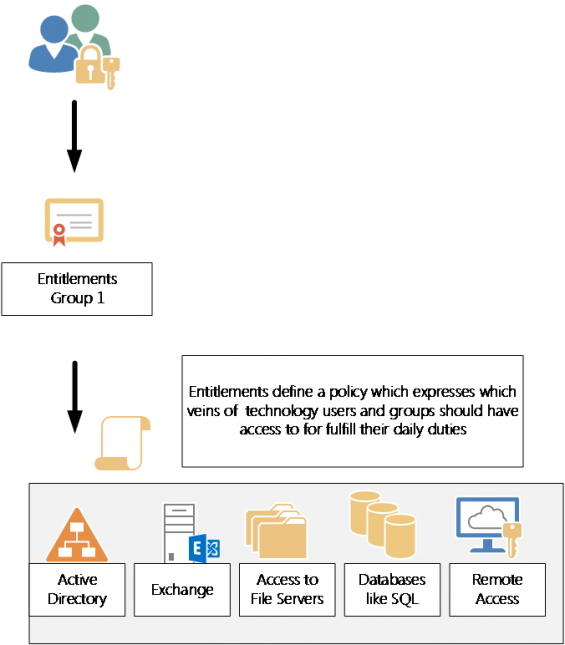Microsoft Exchange is a high priority for organizations that rely on email communication internally and externally. IT teams have been anticipating the end date for Exchange 2010 support; similar to other Exchange versions, the support period typically occurs 10 years after the product release. Originally, Microsoft was planning for the extended support end date for Exchange 2010 to be Jan. 14, 2020—the same as Windows 7 and Server 2008. However, the extended support for Exchange 2010 has been pushed back to Oct. 13, 2020.







